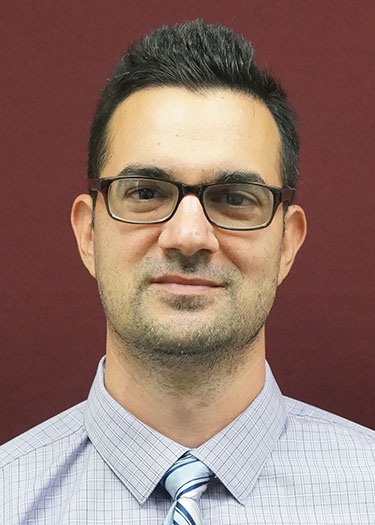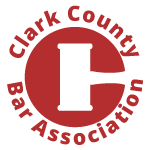On January 23, 2020, the Supreme Court of Nevada entertained public comment in Las Vegas on a proposal to amend Supreme Court Rule 210, which pertains to CLE requirements. I was honored to contribute to some of the commentary about the unique educational benefits enjoyed by pro bono volunteers.
On Feb. 13, 2020, the Supreme Court of Nevada issued an order amending Supreme Court Rule 210(2) to allow attorneys to earn general CLE credit by providing uncompensated pro bono representation or service through a nonprofit legal aid organization. Under the amended rule, an attorney may earn one hour of credit for each three full hours of services performed, up to a maximum of four CLE credits earned per year. This rule became effective March 15, 2020.
There are many attributes of the pro bono experience that help to ensure much is learned along the way. For example, pro bono volunteers through Legal Aid Center’s Pro Bono Project often take advantage of our free, live CLE sessions, presented to small groups by local experts, to better equip themselves for the representation. We also assign mentors—other volunteers or attorney staff members who are subject matter experts —to provide guidance upon request. And of course, so many of our volunteers will take cases requiring them to undertake research and learning to succeed for their client.
But those occasions to increase one’s substantive legal expertise don’t really reflect the most significant learning that occurs. Pro bono attorneys also learn about access to justice and its impediments. Commercial litigators learn about consumer protection, the vulnerabilities that exist, and about the lives of their neighbors who are affected. Probate attorneys learn about landlords, how their tenants live, and the circumstances that permit some to make money unscrupulously from those who are unable to protect themselves. Construction defect attorneys learn about the impact of domestic violence on families and children, about TPOs, and about what it means to be a champion to a child by enabling her to sleep soundly at night in a safe and loving home.
Pro bono attorneys become more informed about the experiences of our neighbors and community members, and then become more inclined to use that experience in other important ways. They gain the confidence to become more engaged because they have the firsthand perspective. They get to see how the interests of different communities and entities are aligned or opposed. They also get a glimpse of how ordinary people view the justice system, and the challenges they face.
When they come in and change the direction of a life, solely because it is right and they can, it is a different kind of gratification from getting that invoice paid. It is a perspective every practicing attorney should experience, preferably early in her or his career, and periodically thereafter. I can report without reservation that pro bono makes us, not just better attorneys, but a better kind of attorney and indeed, better citizens. And, not insignificantly, it serves to change perceptions about the profession and those who practice it.
The law is a special kind of occupation: it is one of the original learned professions, along with medicine and divinity. Characteristics of the learned professions include professional association, licensing, self-regulation, and a code of ethics. The practice of law is not a trade, which may be performed primarily from the motivation of commercial compensation. It is not industry, meaning it cannot be practiced by corporations. It has been noted that professions are occupations with special power and prestige. A critical characteristic of a profession is the opportunity to cultivate and exercise professional discretion – the ability to make case by case judgements that are not prescribed by rule or instruction. This is an awesome responsibility.
Only people can do that; corporations and machines cannot. Law must be practiced by people, and those people must be worthy of the privilege and distinction. How do we ensure our practitioners are best equipped to routinely wield that discretion? Pro bono service furnishes lessons that are invaluable to the cultivation and refinement our professional discretion, including by providing a different and critical perspective.
About this article
This article was originally published in the “Pro Bono” issue of Communiqué, the official publication of the Clark County Bar Association, (December 2020). See https://clarkcountybar.org/about/member-benefits/communique-2020/communique-december-2020/.
© 2020 Clark County Bar Association (CCBA). All rights reserved. No reproduction of any portion of this issue is allowed without written permission from the publisher. Editorial policy available upon request.
About the author

Noah Malgeri, Esq. is the Director of the Pro Bono Project at Legal Aid Center of Southern Nevada. The Pro Bono Project pairs volunteer attorneys with screened clients in the areas of family, consumer, landlord tenant, civil rights, immigration, bankruptcy, and other areas of law. Interested attorneys should contact Noah at 702 386 1429 or nmalgeri@lacsn.org.

